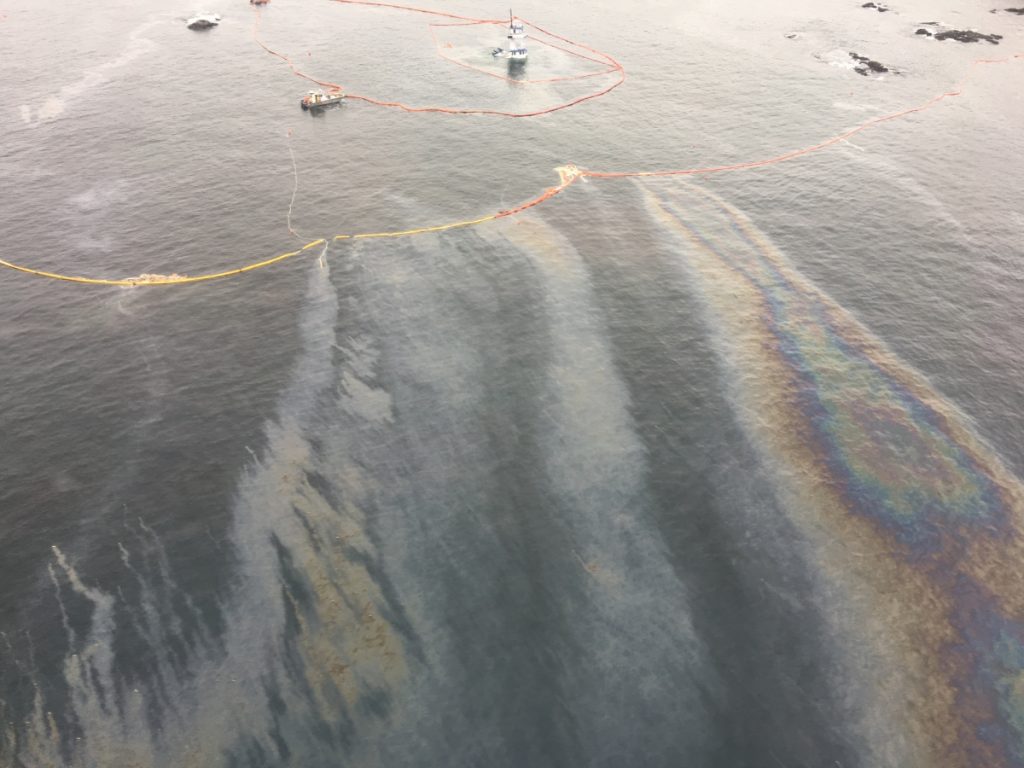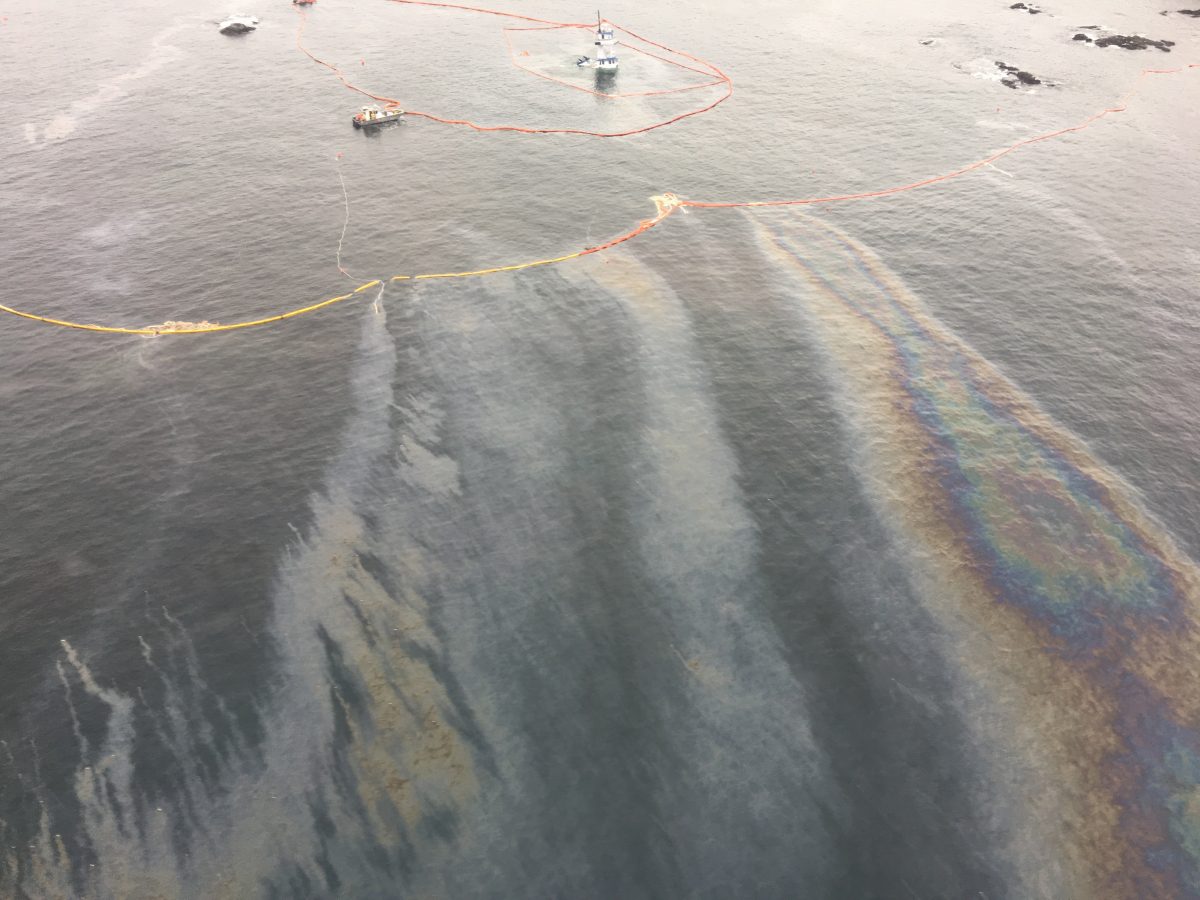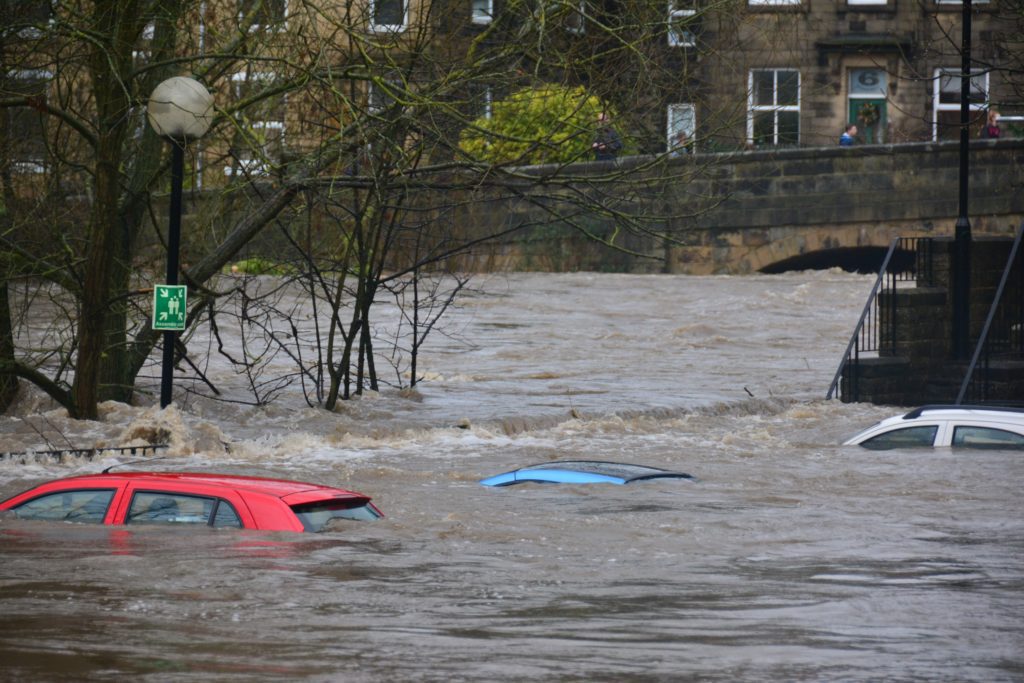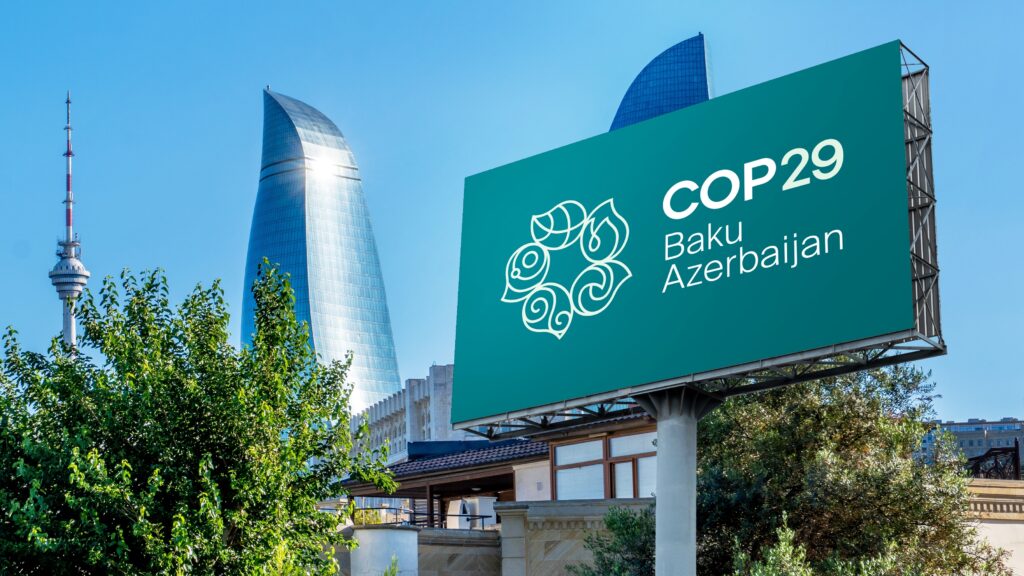Three major fuel spills – that’s the alarming record of the last three months. The pipeline spills in Alberta and Saskatchewan and a diesel spill off British Columbia’s central coast defy Big Oil’s claims that tankers plying our coasts and pipelines crossing our land and water are safe. They only confirm that the federal government must reject the risky Energy East pipeline.


A look at recent headlines is certainly disheartening. A diesel spill in the Seaforth Channel near Bella Bella, B.C. two weeks ago has become an environmental disaster. An Alberta oil company admits it had no idea how long one of its pipelines was leaking. And July’s oil spill in Saskatchewan has now cost at least $90 million to “clean up”. One would expect humility from the oil industry in the face of these disasters. Instead, the industry insists that oil can be transported safely and cleaned up as if nothing happened.
Case in point: supporters of Kinder Morgan’s massive Trans Mountain Expansion pipeline proposal keep talking about safety and “world-class spill response” – both on land and water. The devastating Bella Bella spill shows that this is nothing but a cruel joke.
On October 13th, a diesel spill occurred in the coastal heart of the Great Bear Rainforest when a fuel barge ran aground near Bella Bella, B.C. Fortunately, the fuel barge was empty, but the tug boat powering it leaked a still-unknown volume of diesel into the ocean. The spill isn’t just devastating for wildlife, but also polluted traditional harvesting areas for the Heiltsuk First Nation. The Heiltsuk, who depend on the area for clams, herring and salmon, called the accident an environmental disaster that has compromised their winter food supply.
B.C. Premier Christy Clark made “world-class marine oil spill response” one of five conditions required for the province to accept Kinder Morgan’s pipeline expansion. But it took a corporate spill response team over 20 hours to arrive from Prince Rupert at the scene of the Bella Bella spill.
When help did arrive, a vessel tasked with clean-up took on water itself and had to be rescued. Then, spill booms around the diesel failed, compromising the containment of the spill. The disaster has demonstrated that government and industry are utterly unable to provide “world-class” spill response along Canada’s coast. It doesn’t bode well for the prospect of massively increased tanker traffic in the Salish Sea and the Bay of Fundy if Trans Mountain or Energy East go ahead.
But what about on-land spill response? Unfortunately, the recent Husky and Trilogy pipeline spills paint a grim picture. In July, a Husky Energy pipeline spilled up to 250,000 litres of heavy crude oil and diluent, polluting a 500 km stretch of the North Saskatchewan River system. The spill killed birds, fish and other animals, polluted the drinking water supplies of 70,000 people and forced a First Nation to declare a state of emergency. Three months later, Husky Energy still hasn’t concluded what caused the spill, amidst allegations that the company is lying about how much oil was leaked and how much was cleaned up.
As if the Saskatchewan spill wasn’t enough, a pipeline failed in Alberta, too. On October 6th, Trilogy Energy discovered a leak of a crude oil and water mix 15 km from the community of Fox Creek. Covering over three hectares of marshland, the spill is estimated to have released 250,000 litres of oil and water. The company still has no idea how long the defective pipeline had been leaking. This is not a one-off incident—a July report from the province’s energy watchdog said it takes Alberta companies an average of 48 days to respond to and isolate leaking pipelines.
These spills should be enough to give our elected leaders pause when considering approval of massive new tar sands pipelines like Energy East and Kinder Morgan. Energy East would ship 1.1 million barrels per day 4,600 km across nearly 3,000 lakes, rivers and streams. It would then load the crude onto export tankers, increasing tanker traffic in the Bay of Fundy and down the Atlantic coast by 300 to 500 per cent. Kinder Morgan would virtually triple the capacity of tar sands oil flowing to Canada’s Pacific Coast, increasing tanker traffic in the Vancouver Harbour seven-fold.
The oil industry and federal government insist it’s possible to “get our resources to market responsibly”. But these claims ring hollower with every spill that pollutes our land, oceans, rivers and communities.
You can help stop risky pipeline and tanker projects. Take a minute and tell the federal government to reject the Energy East pipeline.







